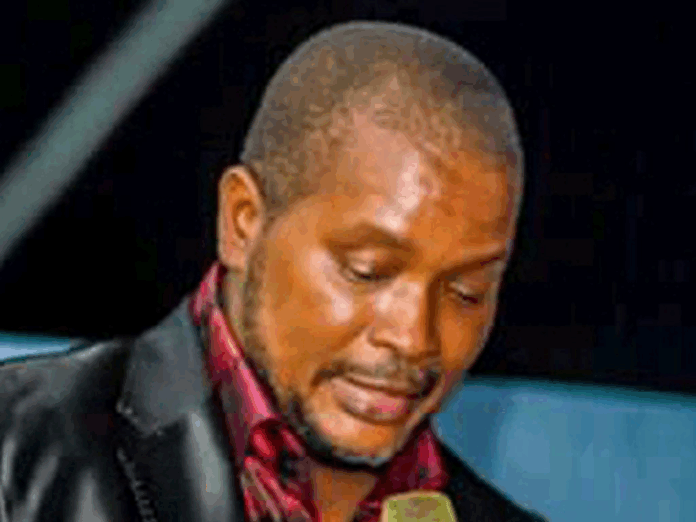Rev. Gibrilla Kargbo
In recent days, alarming reports have surfaced on social media suggesting that pupils of Albert Academy in Freetown may be attacked with empty bottles by their counterparts from Prince of Wales Secondary School. This is not an isolated incident. Similar tensions have been observed between the Methodist Boys’ High School and the Sierra Leone Muslim Congress Secondary School, as well as among other institutions across the country. What may once have been light-hearted competition has now escalated into a dangerous culture of violence that threatens the safety of pupils, the integrity of our schools, and the peace of our communities.
The Gravity of the Situation
School rivalries, when left unchecked, can quickly spiral into cycles of retaliation. The use of weapons—even something as seemingly ordinary as empty bottles—signals a disturbing shift from verbal taunts and sporting competition to physical harm. Such violence not only endangers lives but also undermines the very purpose of education: to nurture young people into responsible, disciplined, and visionary citizens.
The Sierra Leone Police have already intervened in some instances to prevent clashes, issuing stern warnings and increasing their presence around schools. Yet, law enforcement alone cannot solve this problem. The roots of these rivalries lie deeper—in identity, pride, and the absence of constructive outlets for youthful energy.
The Role of Government
Government intervention is essential. The Ministry of Basic and Senior Secondary Education, in collaboration with the Ministry of Internal Affairs, must develop a comprehensive strategy to address school violence. This should include:
– Strengthening school discipline policies with clear consequences for violent behavior.
– Reviving interschool peace clubs and civic education programs that promote dialogue, tolerance, and non-violence.
– Providing psychosocial support for pupils who may be influenced by peer pressure or trauma.
– Investing in extracurricular activities—sports, debates, arts, and service projects—that channel youthful rivalry into healthy competition.
The Responsibility of Old Boys’ Associations
Equally important is the role of alumni. Old boys’ associations hold immense influence over the culture and reputation of their alma maters. They must rise to the occasion by:
– Mediating between rival schools to foster reconciliation and mutual respect.
– Sponsoring mentorship programs where alumni guide pupils on discipline, leadership, and legacy.
– Financing constructive competitions—academic challenges, sports tournaments, and cultural festivals—that replace violence with pride in achievement.
– Modeling unity across schools, demonstrating that rivalry should never override the shared goal of national progress.
A Call to Communities
Parents, religious leaders, and civic advocates also have a role to play. Communities must reject the normalization of violence and instead cultivate a culture of peace. Sermons, community dialogues, and neighborhood watch initiatives can reinforce the message that education is sacred and violence has no place in it.
Conclusion
The rising menace of school rivalries in Sierra Leone is not merely a student problem; it is a societal challenge. If left unaddressed, it risks breeding a generation that equates pride with violence rather than discipline, wisdom, and service. Urgent action is needed—by government, by alumni, and by communities—to restore dignity to our schools and ensure that they remain sanctuaries of learning, not battlegrounds of hostility. The time to act is now. For the sake of our pupils, our schools, and the future of Sierra Leone, we must turn rivalry into responsibility and competition into collaboration.



В случае если вы продумываете поездку в Париж и собираетесь погрузиться в колорит подлинных французских блошиных рынков, безусловно посетите блошиные рынки Парижа, такие как культовый рынок на Монмартре. Там можно обнаружить уникальные вещи, а также ощутить дух винтажного города. Помимо этого, не обойдите стороной про свободные музеи Парижа, которые открыты в изначальное воскресенье месяца — прекрасная возможность ознакомиться с искусством без ненужных затрат.
Для тех, кто планирует отправиться в Версаль, практично знать, как добраться до Версаля из Парижа — самый легкий способ это электричка RER C. Обстоятельная информация и советы по маршрутам доступны здесь [url=https://bonjourfrancia.ru/]лувр фото[/url] . Еще советую обратить внимание на зоны Парижа, особенно если существенна безопасность: 15 округ и 16 округ считаются одними из самых безопасных, а карта районов поможет навигировать легче.